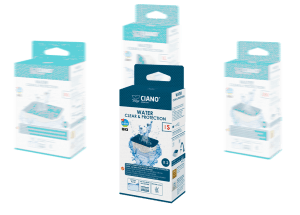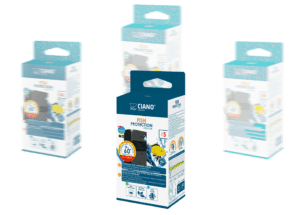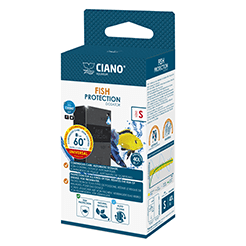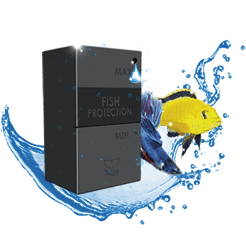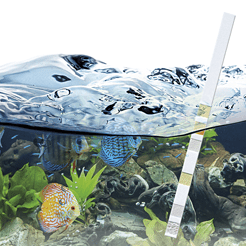
Whistleblowing Channel
1. Introduction
2. Scope
- Subjective: employees, manufacturers, suppliers, customers or third parties.
- Objective: grounds for the complaint – offences (whether or not they fall within the scope of the law), doubts, recommendations.
3. Guarantees and Protection Measures
4. Appointment of an Ethics Committee
- Composition of the committee.
5. Context of its Admissibility
- Introduction
- Form of the complaint
- Verbal and/or written (means).
- Necessary elements/data
6. Treatment procedure
6.1 The ethics committee will notify the whistleblower within seven days of receipt of the complaint, as well as inform them of the requirements, form and admissibility of the complaint.
6.2 The ethics committee may also ask the whistleblower to clarify the complaint or provide additional information.
6.3 If there are indications that the facts complained of have been verified, an internal enquiry will be launched to investigate the facts, or the complaint will be referred to the relevant department when the matter is not within its remit.
6.4 At the same time, if necessary, the Ethics Committee will take the necessary measures to stop any possible offence in progress.
6.5 Internal investigation of the complaint.
Following a complaint, the Ethics Committee will take the appropriate steps to verify the allegations contained therein, and may offer the accused a period in which to comment.
6.5.1 Among the activities that may be carried out as part of the investigation are:
- Gathering information on the facts reported;
- Analyzing the information obtained;
- Documentation of the research carried out (procedures and tests carried out) and the results obtained;
- Conclusion on the research carried out;
- A list of the corrective measures that can be applied.
6.6 The Ethics Committee can hire external professional services to support the investigation, as well as request support from other departments.
6.7 At the end of three months, the Ethics Committee will inform the complainant of the measures planned or adopted to follow up on the complaint and the respective grounds, and the complainant may request, at any time, to be informed of the outcome and the corresponding conclusion of the complaint.
6.8 Closing the investigation and preparing a report.
6.8.1 Once the investigation phase has been completed, a report will be drawn up (or a file created) for each complaint, in which the measures and procedures adopted with a view to following it up will be recorded.
6.9 Retention of complaints.
Complaints received will be registered and kept for at least five years and, regardless of this period, during the pendency of judicial and/or administrative proceedings.
6.10 Implementation and monitoring of the procedure.
CIANO will publicize this procedure via the Intranet and on its official website.


